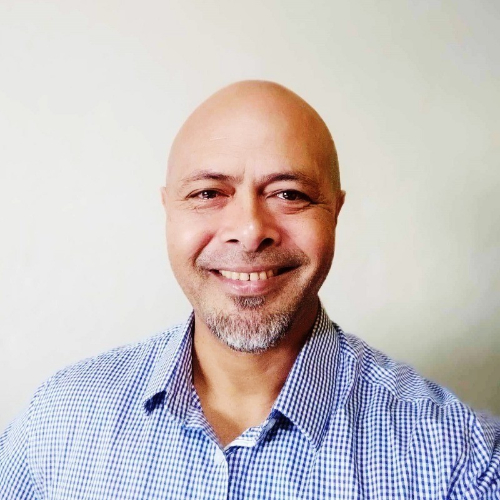
Humanitarian | Founder | Chairman | CEO | Blockchain & Transformation Engineer
About Author
Humanitarian | Founder | Chairman | CEO | Blockchain & Transformation Engineer

Humanitarian | Founder | Chairman | CEO | Blockchain & Transformation Engineer
Humanitarian | Founder | Chairman | CEO | Blockchain & Transformation Engineer